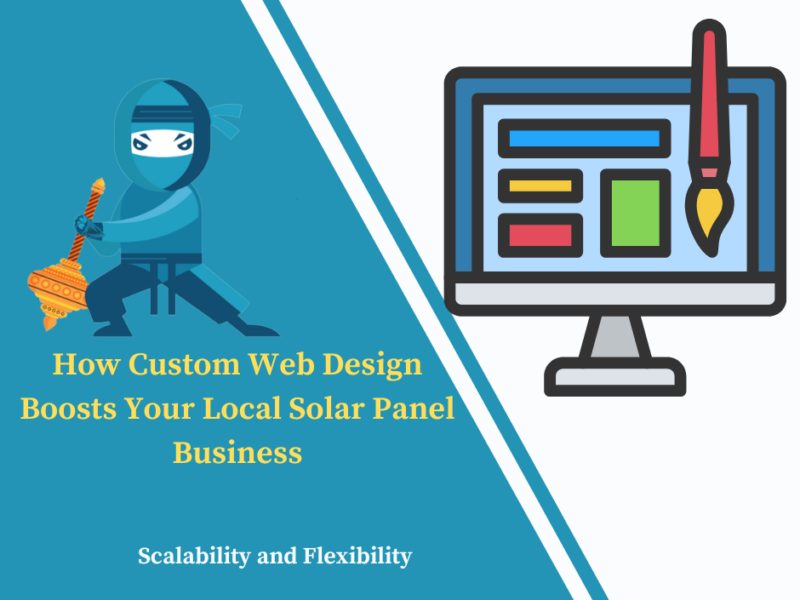
Days
Hours
Minutes
Seconds
Your Deal is Expired
|
|

Edit Content
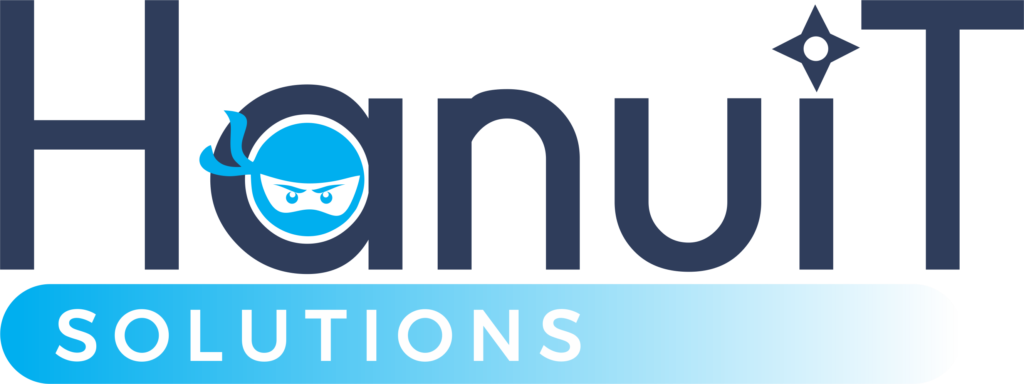
As a leading online marketing company, always focuses on changing and improving businesses and their outcome.
Where to find us
- SN-3, First floor, ratauli road, near Town park, Bank Colony
- herry@hanuitsolutions.com
- +917082069620
Working Hours
- Mon-Sat : 9:00am - 6:00pm
- Sunday - Closed
Get In Touch
Facebook-square
Instagram
Linkedin
Tag: solar panel installation
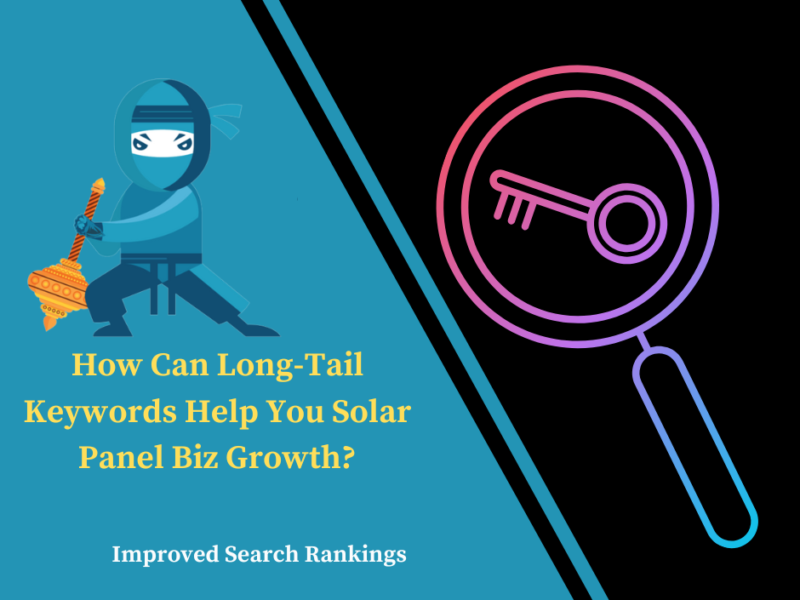
How Can Long-Tail Keywords Help Your Solar Panel Biz Growth?
In the competitive world of solar panel...
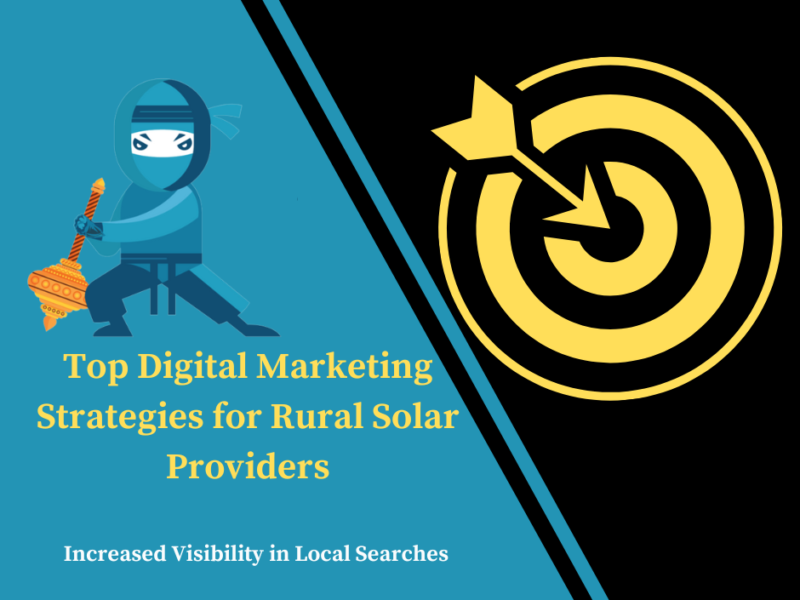
Top Digital Marketing Strategies for Rural Solar Providers
In today’s digital age, the solar energy industry...
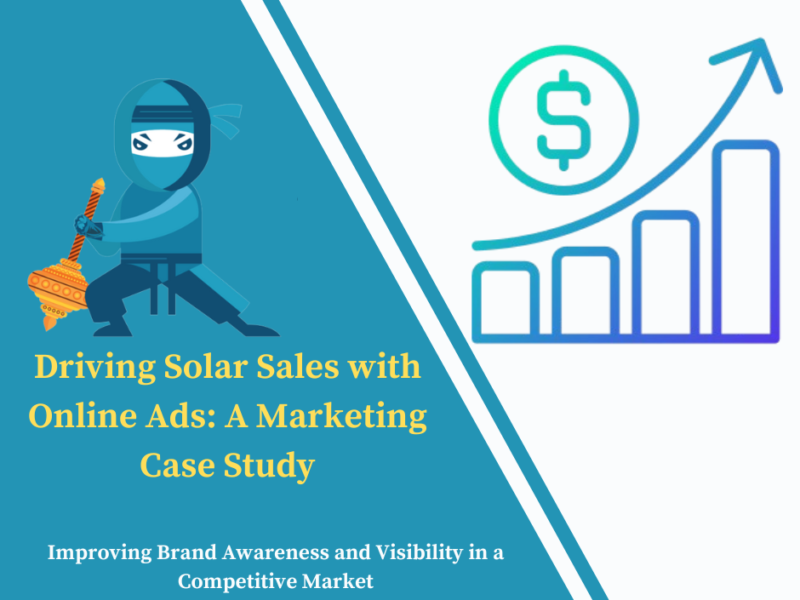
Driving Solar Sales with Online Ads: A Marketing Case Study
In the competitive landscape of solar energy,...
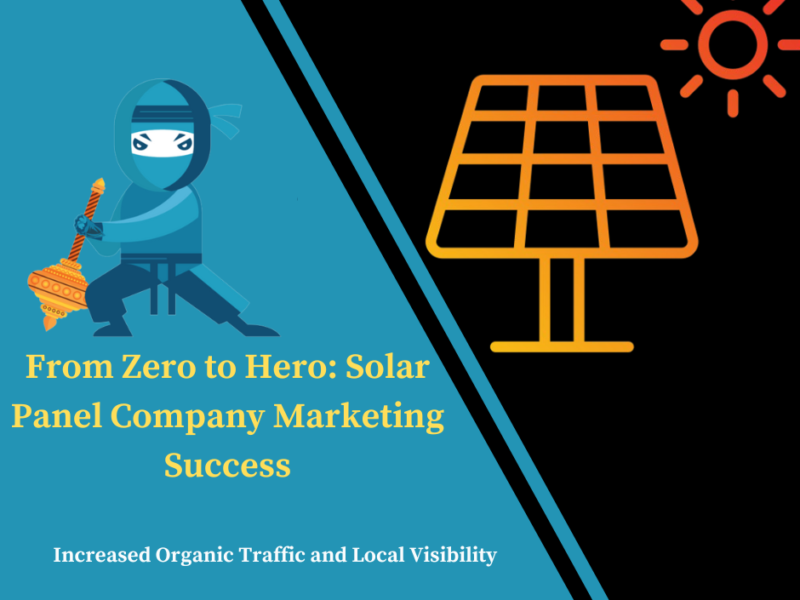
From Zero to Hero: Solar Panel Company’s Marketing Success
In the competitive world of solar panel...
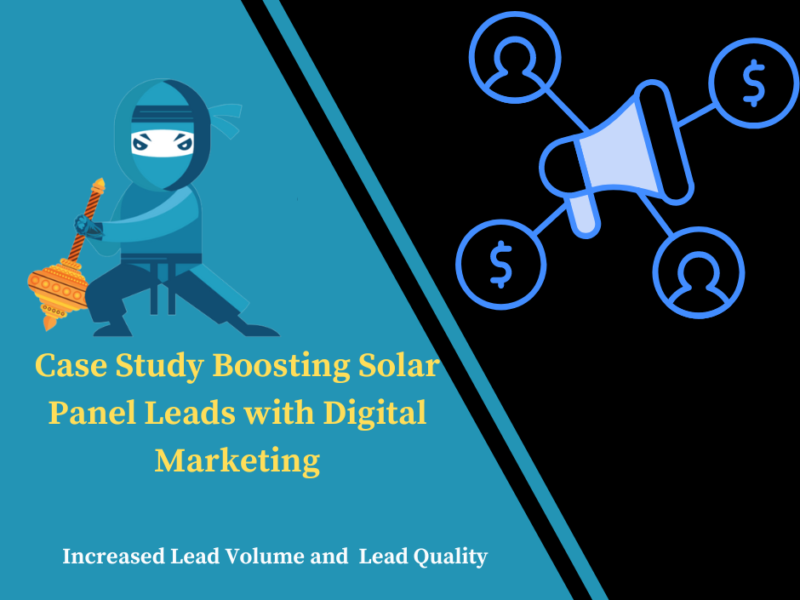
Case Study: Boosting Solar Panel Leads Through Targeted Digital Marketing Strategies
In today’s competitive...
No posts found

